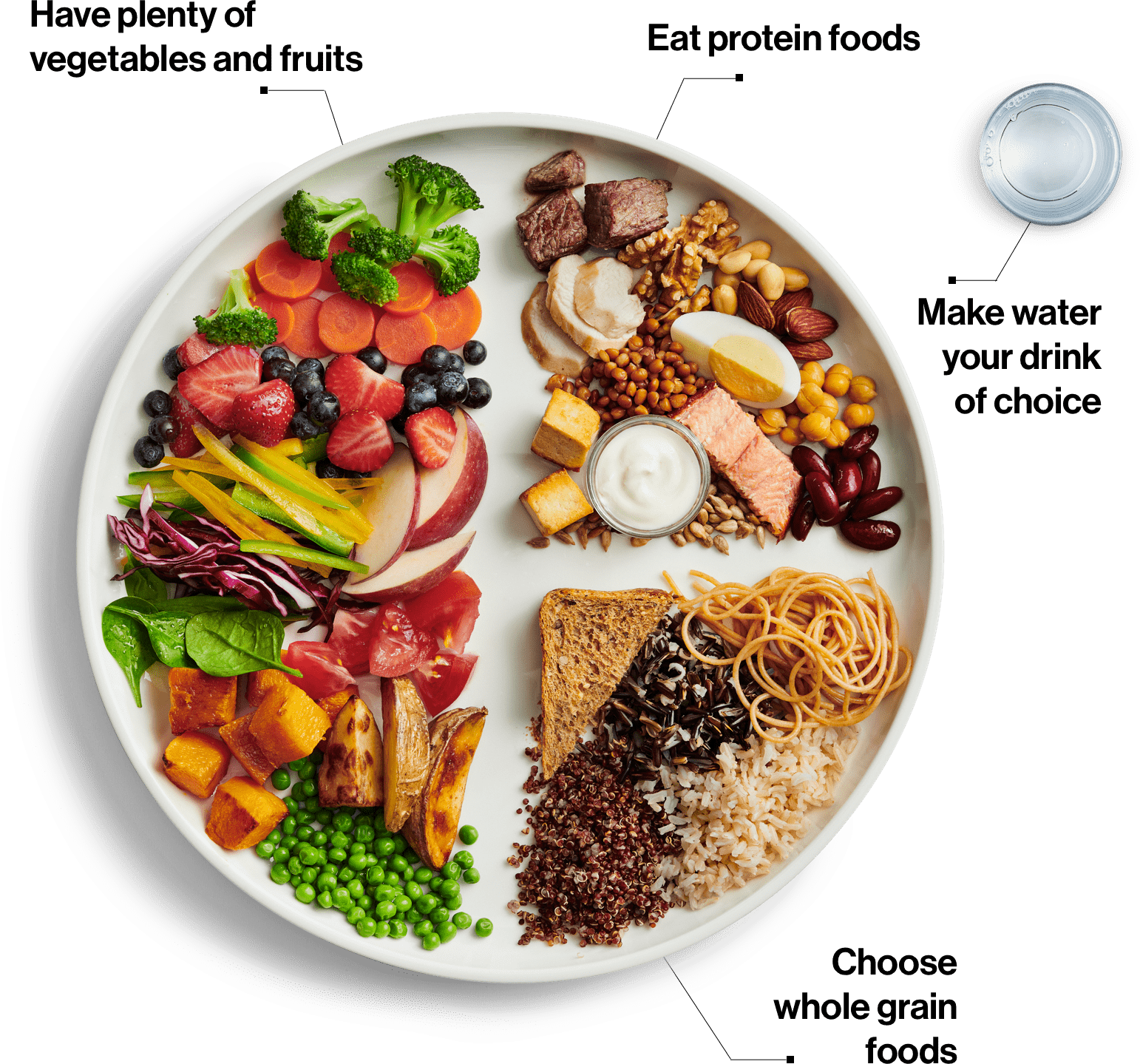How to eat INTUITIVELY//The skills you need, and why it might just be bullshit.
"Just eat intuitively!"
The going holistic gospel for fixing your relationship with your diet.
_____________________________________
I come from this school of thought.
My story of how I went from skinny guy with minimal confidence to muscular with a keen sense of my self-worth and capability is... I believe.... a common one.

I was skinny with very little muscle, and I dedicated myself to working out consistently and eating healthy before I got to highschool. By the time I was a sophmore my physique was transformed such that I was easily in the top percentile of "most in shape" individuals in my life...
And luckily between being in perfect health and being at the best possible age for putting on muscle and staying lean...
I didn't need to tinker with my strategy beyond "try to eat healthy and workout with intensity."
Again, for a perfectly-abled 15 - 25 year old human being... 7 workouts per week and avoiding junk food alone will render you super human.
____________________________________________________
I became the classic trope of the young person in perfect health who claimed it's all about listening to your "intuition."

I had a client recently halted this narrative dead in it's tracks. She's a "new" client, which means we're still in the early stages of our relationship, and my understanding of her goals and her journey thus far.
When I explained to her that the ideal goal of any fitness journey is to able to eat inuitively in order to reach your goals, her insight was powerful:
Your intuition can be wrong.
For her, there weren't any good examples of healthy eating in her environment growing up. This led to an association between stress relief and eating, and the foods that helped to build that relationship were highly processed foods with high salt and sugar quantities.
Her "intuition" encourages her to behave in ways that are ultimately not in alignment with the best-case scenario for her health and fitness.
In listening to her, I realized this is the case for most people.
Now you could argue "that isn't her intuition." It's her brain looking for dopamine feedback, and it manifests in the form of physical feelings that "feel right."
I understand the inclination to go down that philosophical path. To exclaim that "real intuition" is when the 3rd perspective... the part of your mind that the buddhists call "the observer," is the only voice that we could consider the messenger of genuine intuition.
For the sake of simplicity and the actual utility to your life, I'm going to cut the bullshit and keep it simple.
My clients intuition, just like the vast majority of you reading this, told her to eat tasty food.... with no regard for how it would effect her long term. 
For you, maybe it's porn. Maybe it's social media(que the last 2 articles on VeganStrongFit.com!!!). Your intuition is going to have a tendency to encourage you to do things that feel good but ruin your health.
However I'm going to stand by my original advice, to you and to her. An inuition that not only encourages you to behave in ways that are beneficial to your long-term development, but makes the bad habits unattractive to you... this is the ultimate goal.
This is not only possible,
but necessary.
__________________________________
Let's approach this from 2 different angles.
1. The need for strategy and a mastery over how to impliment it in your life.
2. The ability to identify constructive vs destructive self-talk.
__________________________________
Firstly, you can't accurately assess how healthy your process is if you don't have hard skills. What struck me the most about my client's resistance to the idea of "intuitive" eating was the truth that objectively, diet skills matter.
Calories matter. Food quality matters. You have zero concept of how these things play a part in your personal health and fitness if you haven't built the skills.
Here's exactly what you need to master:
Nutrition Knowledge:
Understanding Macronutrients and Micronutrients: Know the roles of proteins, carbohydrates, fats, vitamins, and minerals in your diet and how they affect your body and fitness goals. You'll have to start out using a tool like MyFitnessPal or The Vegan Fitness App to get a general goal range for each of these macro nutrients, and then you'll adjust based on your own feedback and desired outcomes.
As a general rule of thumb, I always recommend people check out the Canadian Food Guide as a standard comparison to see how the quality/macro nutrient breakdown of your meals adds up. While there are methods like the Keto diet for example that will be significantly more dominant in one area than another, this is a good way to show the 25%-25%-50% breakdown of Carbs, Fats and Proteins, and Fiber.
Salt/Sugar Balance:
The average person should be consuming no more than 35g of sugar, and 25g of salt per day, according to the American Heart Association. I would argue it's even less than this, and while we'll reference "listening to your body" further down this article... anecdotal feeling in my own body as well as the general consensus of the fitness community would be my evidence. You'll find that once you have a couple of necessary grams of salt/sugar in your day, more starts to make you noticably nauseus. The healthier you eat, the harder it is to eat UN-healthy!
Reading and Understanding Food Labels:
Ability to interpret nutritional information on packaging to make informed choices about the foods you consume. Inherently, processed food isn't unhealthy. But, you need to be able to read a label and know that for yourself. Practice reading the nutrition facts and get an understanding of how well you're doing meeting macro and micronutrient needs everyday.... and whether or not you're going overboard with anything(like sugar or sodium). This also leads us into...
Calorie counting:
Calories are a unit of energy. The food you consume contains a certain number of calories, which will ultimately be used or stored as fat. "Counting" is a method of self-monitoring that estimates how much energy (calories) we consume each day. It usually involves an estimated daily calorie goal(or a minimum/maximum) that one tries to adhere to everyday, either with estimating or using more accurate tools like the ones we mentioned above.
Expanding your skills:
Here's a short summary of some of the other hard and more psychological skills that you'll develop as you create true mastery over your diet.
Meal Planning and Preparation:
- Planning Balanced Meals: Skill in creating meals that balance macronutrients and micronutrients according to your dietary needs and fitness goals.
- Cooking Skills: Basic cooking skills to prepare healthy meals from scratch, which can be more nutritious and less processed than pre-packaged foods.
- Portion Control: Understanding serving sizes to avoid overeating, even of healthy foods.
Mindful Eating:
- Listening to Your Body: Being in tune with your body's hunger and fullness signals to avoid overeating or undereating.
- Awareness of Eating Habits: Recognizing and modifying behaviors such as emotional eating or mindless snacking.
Adaptability:
- Adjusting Your Diet to Meet Fitness Goals: Knowing how to modify your diet based on changes in your fitness routine, weight goals, or muscle-building objectives.
- Flexibility in Food Choices: Ability to make healthy food choices when dining out, traveling, or in social situations.
Consistency and Discipline:
- Maintaining Consistency: Sticking to your diet and meal plans most of the time, allowing for occasional indulgences without derailing your overall goals.
- Discipline in Habits: Developing and sticking to healthy eating habits, even in the face of temptations and challenges.
Research and Continuous Learning:
- Staying Informed: Keeping up with the latest research and recommendations in nutrition and fitness to adapt your diet as needed.
- Seeking Professional Advice: Knowing when to consult with dietitians, nutritionists, or fitness trainers to get personalized advice tailored to your specific needs and goals.
- Understanding the Importance of Hydration: Recognizing the role of water in your diet, how it affects your overall health, and adjusting your intake based on activity level and personal needs.

Hopefully you're starting to get an understanding of how "intuition" is really on a sliding scale. If we want to claim that perfect intuition is the path toward the perfect diet, we would have to also accept that we get closer to that "perfection" the more of the afformentioned skills we have mastered.
Final Point: Self-Talk
We have to have healthy self-talk mastered as well. Healthy self-talk plays an important role in building a positive relationship with food, and the way you feel about it's role in your life.
The way we think/speak about our relationship with food is the internal dialogue that guides our choices and reactions, and ultimately our long term health and fitness results. We need to work on creating internal self-talk that supports and encourages healthy eating by reinforcing our ability to make nourishing choices and acknowledging our progress, and the results of this compound over time.
Compare/contrast phrases like "I can choose healthy foods" or "I'm proud of myself for opting for water instead of soda" VS for example "I deserve this *sugary food*" or "I'm too tired to cook tonight." While much of this will be based on yourmental and physical energy, the thoughts also CREATE the inner power to choose.... and lead to higher mental and physical energy that allows you more power to choose.
We want to make a habit of leveraging affirmations that strengthen our resolve and celebrate our victories. This nurturing inner voice is crucial for maintaining motivation and a balanced perspective on diet, recognizing that occasional indulgences are part of a healthy lifestyle rather than signs of failure.
Conversely, negative self-talk can significantly derail our health and fitness goals. This detrimental dialogue often manifests as self-criticism, all-or-nothing thinking, or viewing food as a reward or punishment. Statements like "I've already messed up, so it doesn't matter what I eat now" can lead to unhealthy eating patterns such as emotional or binge eating.
The key to overcoming this negative spiral is awareness and active self-compassion.... and then discipline in shifting your actions. 
We're touching on shadow-work here.
This shift not only promotes healthier eating habits but also fosters a more forgiving and understanding relationship with yourself at the deepest level.
Where I once would have been a huge proponent for intuitive eating, I realize now that for the most part.... it's bullshit.
Unless you've honed the skills both of objective proper dietary practice AND comparing your inner dialogue to those objective dietary practices.... unless your intuition is THE MOST VOCAL accountability for you in making the best decisions....
...your intuition really isn't worth shit. Time to hone the skills.
If you're ready to master this for yourself, schedule a call. We'll talk about your goals, what challenges you the most, and then together we'll build a bridge to overcome the challenges.
First consultation is always free.





Leave a comment